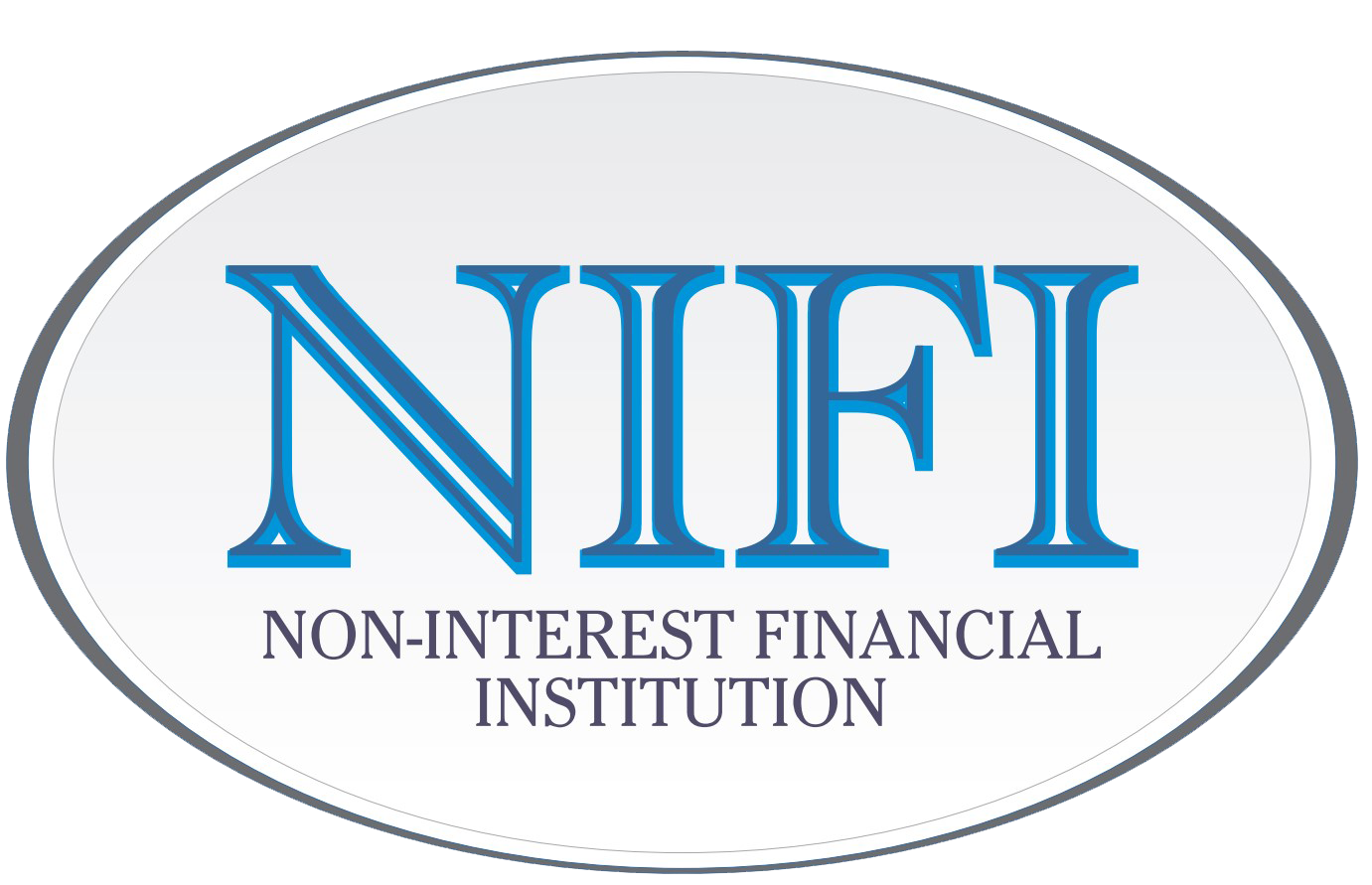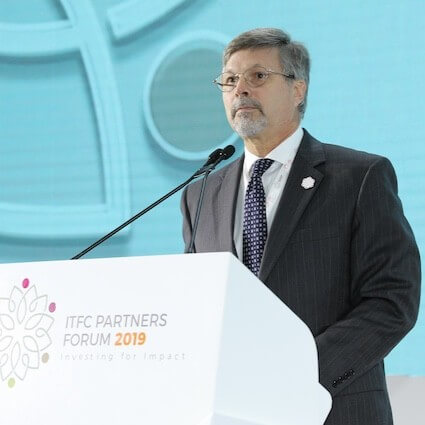A search on the Internet will show that the literature is replete with numerous articles on why anyone who has some sort of investment should try not to die intestate. However, I am African, this is a difficult topic! I am Nigerian, we should not be discussing death! In a world filled with uncertainty, death is one event that is certain for all living things, at least for now.
One examination, I remember vividly is an examination in which the Lecturer repeated the previous year’s question in toto, the lecturer only changed the date, and yet the department witnessed mass failure, it was a bad case for all the affected students. Moving forward from that event, I resolved and have always tried in my capacity not to fail past questions, but this issue of not writing a valid Will when you have funds/investment in Nigerian Financial institutions is a phenomenon that defies rational thinking.
The banking hall, my workshop, is akin to a market. You never can tell what the market day will bring. I know from experiential knowledge that a lot of grieving families visit or have visited to assist them in confirming indirectly if a deceased had an account with the institution. The law and practice do not permit sharing this information with a third party except under certain circumstances. Irrespective of your countenance, or physical appearance, you cannot simply walk into a bank, and ask Customer Service to confirm if a customer, living or dead has an account with the institution. To avoid this conundrum for your loved ones, I ask “Who is aware of your Banking Relationships/investment“?
I am writing this article with the sole aim of motivating myself to write a valid Will this year/have a conversation with my friends in the Legal profession or make alternative arrangements. Dear beloved reader, at the expense of your data, you are free to increase your knowledge of life after death from a financial perspective, but this article is not really about You. It is about my personal goals for 2024. Yes, after all, we have agreed that this year, “no gree for anybody”!
Does writing a Will guarantee stressless transfer of funds to the nominated Beneficiary after death?
Unfortunately, the answer is No. Executors, administrators, or administratrices should be ready- physically, mentally, and financially.
What of the Next-of-Kin details we provide during account opening?
This a valid question. Unfortunately, the Next-of-KIN details are required by law to enable banks to contact your Next-of-Kin for account reactivation. If your account is inactive/dormant and you are unreachable after repeated attempts to contact you, the bank is required by law to notify your Next-of-Kin. The bright side of this act is that, at least your Next-of-Kin knows that you have an account with that Institution. Are your Next-of-Kin details with your bank(s) valid/updated?
What of the Payable on Death Account, where funds are transferred to a nominated beneficiary?
It is a beautiful concept that we should be exploring as a nation but unfortunately, it has no place in our laws, at least, as of January 2024!
So, what does the law say about the funds of a deceased customer?
- Notifying the Bank – The bank has no way of knowing that a customer has become deceased except if it is public knowledge. Someone has to notify the bank of the death with documentary evidence. Documentary evidence for death includes a medical certificate of death, a National Population Commission (NPC) death certificate, or an affidavit depending on the requirement of the financial institution.
- On receipt of this information, the bank restricts the accounts for outflow only and waits for Probate or Letter of administration to guide its next action. As per extant regulation, no further action is expected from the bank until it is approached with a probate or letter of administration. In reviewing this challenge, Onyekwere (2023) opined via the Guardian of 7th July 2023 in an article titled “Advocacy for Pay on Death law heightens as unclaimed funds may hit N1.3 trillion” that trapped funds of deceased customers in dormant accounts constitute part of the trapped funds.
- To understand the process, we need to illuminate certain legalese: -To access a deceased’s funds in the bank, a Probate or Letter of Administration is required. A Probate is required where the deceased died leaving a Will (testate, the maker of a Will is called a testator), and a Letter of Administration where the deceased died without a will (intestate) – My take is if we use banks then we all need lawyers now or when we depart.
- Grant of Probate-Making a Will is one event, the living executing your Will as documented is another event. Keeping it simple, where there is no conflict concerning a will, the executors (persons appointed to carry out the instruction in the Will) can approach the Probate registry for assessment, and a Grant of Probate-relevant fees will be applied where applicable.
- Letter of Administration – in the absence of a Will, survivors as per extant laws of the state can approach a court for a Letter of Administration. After due diligence, a Probate court can issue a formal authorization to an individual or individuals to oversee the assets of a person who passed away intestate. Relevant fees will be applied. This is a process that requires patience and can become complicated when the survivors are not in agreement/conflict.
- Whether it is a Probate or Letter of Administration, the document must be submitted to all the banks where the deceased maintained an account, and the banks on receipt of this document must validate it through their legal team(Why can’t we automate this in Nigeria, submit to one Central Body?). Authenticating the issuance of this document by the Court is not free. Some state governments have automated the probate activities of their High Court, for Lagos State see https://probate.lagosjudiciary.gov.ng/
- The Bank(s) after confirming the document and carrying out their own enhanced due diligence will open an Estate account in the name of the deceased with mandate instruction as per the instructions of the Letter of Administration/Will. Estate accounts are usually current accounts, an additional requirement of two referees may apply.
The challenges of obtaining a Letter of Administration in any state in Nigeria is a challenge with hydra-headed issues pivoted on the lack of a central, reliable, current, real-time, and online biometric-powered citizens identification system. Whilst we applaud the benefits of the National Identity Number (NIN) and the Bank Verification Number (BVN), the fact that our borders are porous and immigrants from neighbouring countries can obtain these identification documents remains a source for worry. These challenges account for the stringent requirements before Letters of Administration are awarded.
For some people, they have funds/investments in the bank, pensions, Insurance, and other regulated institutions and for some of us, it is just banks. Either way, our beloved family will have to access these funds when the time is right, legally, are there alternative ways of accessing these funds?
Since we have subconsciously agreed “Not to agree for anyone”, the time is now to write a valid Will.
Cheers to a rewarding 2024!




